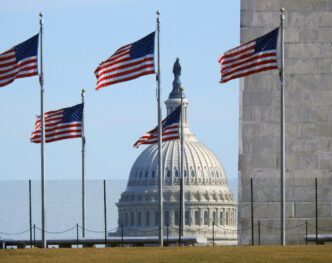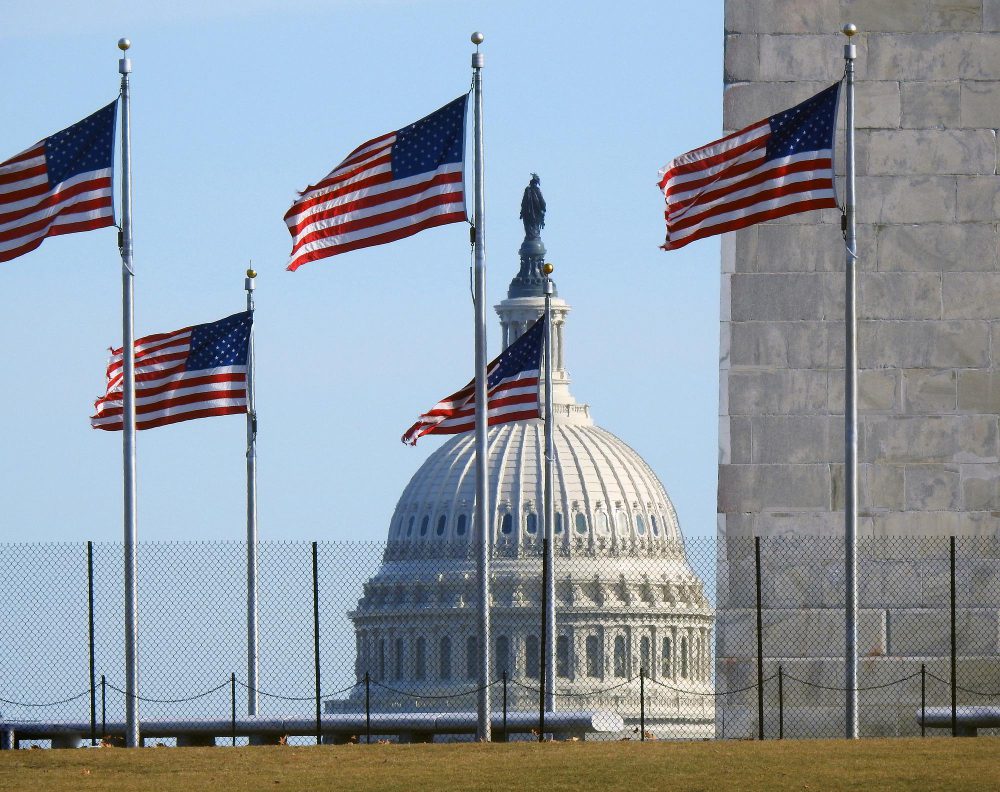Executive Summary
The Story So Far
Why This Matters
Who Thinks What?
China on Monday firmly rejected calls from US Democrats urging the Trump administration to address what they termed Beijing’s “structural overproduction,” dismissing the claims as unfounded, protectionist, and aimed at undermining its economic growth. Chinese Foreign Ministry spokesperson Lin Jian stated that “hyping up the so-called ‘overcapacity in China’ deviates from objective facts and economic laws, provides an excuse for protectionism, and its real purpose is to curb China’s high-quality development.” This strong rebuke comes amid renewed debate in Washington concerning trade and industrial competition with Beijing.
Beijing’s Stance on Industrial Policy
During a regular press briefing, Lin Jian emphasized that China “firmly oppose[s] this” narrative. Beijing maintains that its industrial policies are consistent with market rules and are designed to drive sustainable growth, not to distort global trade flows through excessive production.
US Democrats’ Concerns and Proposals
The Democratic lawmakers, members of the House Select Committee on China, argued in a letter that the “PRC’s historic and destructive use of structural overproduction to drive economic growth comes at an indisputable cost to US industry, employment, and the stability of international markets.” This perspective echoes arguments previously made by the Biden administration and former Treasury Secretary Janet Yellen.
The letter specifically highlighted China’s steel and solar panel sectors, where rapid expansion was followed by export surges. Lawmakers contended that these surges have historically led to job losses and the hollowing out of industries in the United States and other countries.
The Democrats urged the Trump administration to leverage the unease created by such exports among US allies and partners. They called for a coordinated international response to China’s industrial policies and advocated for a “more balanced” tariff strategy, contrasting with the Trump administration’s heavy reliance on tariffs as its primary economic tool.
Broader US-China Dynamics
While the letter from the House Select Committee on China is unlikely to significantly alter the Trump administration’s approach, it underscores the deep and bipartisan concern over China’s economic practices in Washington. The consensus on the need to address China’s industrial policies is a rare point of agreement across the political spectrum in the US capital.
Key Takeaways
The exchange highlights a core tension in global trade relations, with the US expressing significant concern over China’s industrial capacity and its impact on international markets, while Beijing vehemently defends its economic model as legitimate and market-driven. China’s rejection of the “overcapacity” narrative suggests continued friction in trade policy discussions, irrespective of which administration is in power in Washington.








